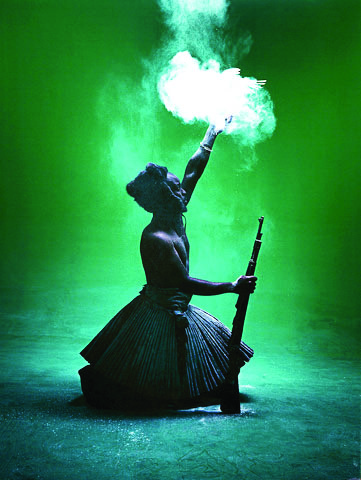
Committed to the growth and development of the African art market, Aspire Art Auctions is the first auction house in South African history to pay living, South African artists royalties on the resale of their works of art.
This long-awaited implementation of the Artist Resale Right (ARR) is an investment back into the industry, acknowledging the value of authorship and ensuring support for artists. The inequality of artists only profiting from the initial sale is compounded when one considers the rise in value of an artwork over time, in relation to the growing success of the artist; the resale royalties endeavour to return some of that value to the living artist.
Aspire’s vision places art, sustainability, and the development of the industry at its core; the sustainability of the practitioners and the professionals that have made this market what it is today forms the heart of this pioneering auction house. Whilst upholding the significance of established artists, Aspire is building a market for the future.
Across the world, artists, associations and collecting societies have been actively fighting, for decades, to achieve resale rights. With the globalisation of the art market, this is a timeous and significant international trend.
The droit de suite (French for “right to follow”) was first proposed in Europe around 1893 to alleviate the plight of the ‘struggling artist’. Although not yet universal, ARR has been implemented in different forms in over 70 countries including France, Australia, and Russia. The European Union standardised its legislation in 2001, with the payment mandated to official collecting agencies, or paid directly to the artist. The EU directive was met with loud protestations from established UK auction houses and galleries, however in 2011 and in 2012 the European Commission and UK Parliament reported that the resale right does not impact the art market negatively.
In fact, as stated on the Design and Artists Copyright Society (DACS) website, over £14 million ($22.5 million) was paid in royalties to 19,000 registered artists and estates in 2013. Barring the state of California, the USA does not enforce ARR – along with Canada, China, Japan, and Switzerland.
Here in South Africa, beneficial copyright legislation for visual artists is still very much in discussion. With little opportunity for funding in the arts, the profound social inequalities of South Africa seem particularly magnified in the sector. In the absence of legislation or a government mandated collecting agency, Aspire voluntarily covers the cost of the ARR percentage fee.
Aspire is perfectly placed to usher in a new era, as the newest South African art auction house, with the longest combined secondary art market experience in the country, and a particular focus on top quality fine art.
For more information, visit www.aspireart.net.


